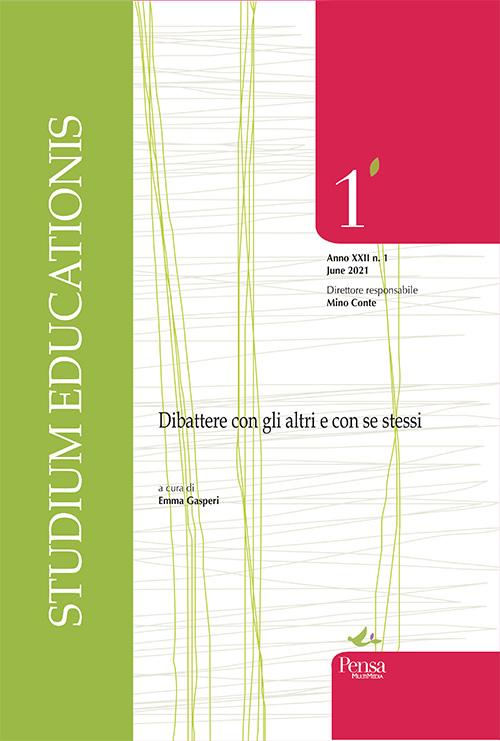Debating the Goodness: for a Phenomenological Defense of Practical reason
DOI:
https://doi.org/10.7346/SE-012021-07Abstract
Nowadays, correctly debating appears to be increasingly rare. In particular, there are words which, it seems, we should not discuss: the word “good” is certainly among these words. In pluralist times, such as ours, it seems that we cannot even speak of goodness for strictly moral reasons: to avoid dogmatism and to respect everyone’s freedom. However, blocking the possibility of a serious and rigorous debate on goodness, and so renouncing the public exercise of practical reason, has many consequences, especially in the educational field. The contribution aims to make some of these consequences explicit, with constant reference to the phenomenological-hermeneu-tic paradigm and, in particular, to Hannah Arendt’s perspective, so as to highlight not only a Husserlian legacy but also a Kantian legacy.


